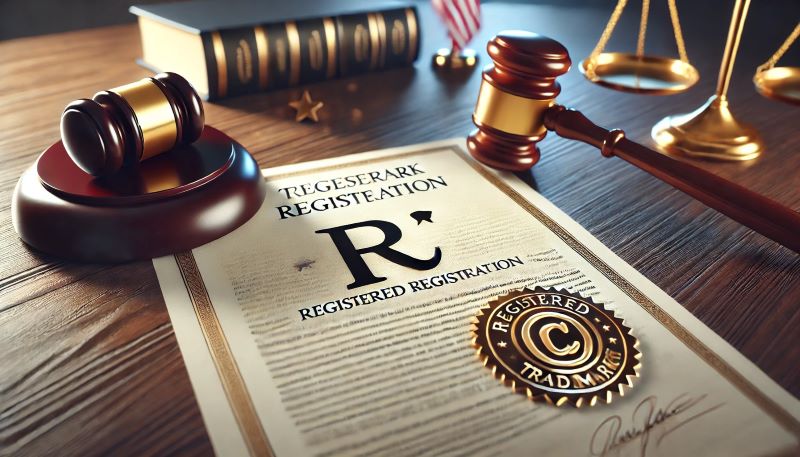
When business owners and entrepreneurs start thinking about trademark protection, one of the first questions they ask is whether they should register their trademark at the state level or go straight for federal registration. While some states, including Texas, allow businesses to register trademarks with the Secretary of State, federal registration through the United States Patent and Trademark Office (USPTO) offers significant advantages.
Below, we break down the differences between state and federal trademark registration, what protection each provides, and whether state registration is ever worth considering.
What Is a Trademark?
A trademark is a word, phrase, symbol, design, or a combination of these elements that distinguishes one company’s goods or services from another’s. Under the Lanham Act, a federal statute that governs trademark law, businesses can obtain both common law and statutory protections for their marks.
While many businesses seek federal registration, trademarks can also be protected at the state level or even without registration through common law usage.
State vs. Federal Trademark Registration: What’s the Difference?
While state and federal registrations both offer some level of protection, they differ significantly in scope and enforcement.
1. Federal Trademark Registration (USPTO)
Registering a trademark with the USPTO offers the strongest protection for businesses operating across state lines.
Federal registration provides:
- Nationwide Protection – Your trademark is protected across all 50 states.
- Exclusive Rights – You gain presumptive ownership of the mark nationwide.
- Stronger Legal Standing – You can sue for trademark infringement in federal court and seek statutory damages.
- USPTO Enforcement – The USPTO rejects similar trademarks, preventing others from registering confusingly similar marks.
- Ability to Use the ® Symbol – Only federally registered trademarks can use the ® symbol, adding credibility and deterrence.
2. State Trademark Registration (Texas Secretary of State)
Some states, including Texas, allow businesses to register trademarks at the state level. However, state registration only provides limited, intrastate protection. State registration provides:
- Protection Within State Borders – Your trademark is only protected within Texas (or the state where registered).
- Lower Cost – State registration costs less than federal registration ($50 in Texas vs. $250+ at the USPTO).
- Easier Filing Process – The paperwork is simpler than federal registration.
However, state registration does NOT:
- Provide nationwide rights – If you expand outside of Texas, you’ll have no trademark protection in other states.
- Prevent USPTO registration conflicts – Someone could federally register your mark and gain national priority.
- Allow use of the ® symbol – You can only use the ™ symbol, which carries less legal weight.
For most businesses, federal trademark registration is the best choice. It provides stronger, broader protection and allows businesses to enforce their trademarks across state lines and online markets.
Final Verdict: Skip the State, Go Federal
While Texas and other states allow trademark registration, it’s rarely worth the effort. If you’re serious about protecting your brand, federal registration through the USPTO provides nationwide protection, stronger enforcement rights, and long-term security for your business.
If you need trademark protection, consult an experienced trademark attorney to ensure your brand is properly safeguarded.
All information provided on Silblawfirm.com (hereinafter "website") is provided for informational purposes only, and is not intended to be used for legal advice. Users of this website should not take any actions or refrain from taking any actions based upon content or information on this website. Users of this site should contact a licensed Texas attorney for a full and complete review of their legal issues.
